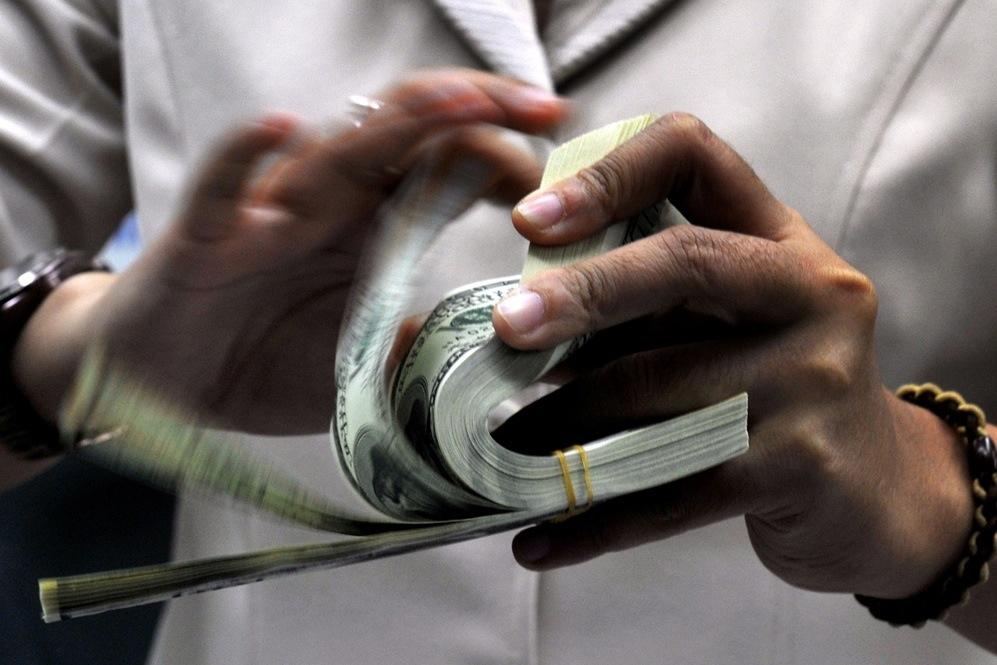Krugman clings to Keynes
John Maynard Keynes is a dirty word in many economic circles these days.
That's especially true in today's climate of austerity, where an unbridled push for balanced budgets is driving out any talk of government spending in Washington, D.C.
But don't tell that to Paul Krugman, who's standing behind the Baron Keynes of Tilton and his Keynesian economic models.
Why?
Because they work, the Nobel Prize-winning economist wrote yesterday on his The Conscious of a Liberal blog on the New York Times.
Krugman says Keynesian models are "broadly right" for the following reasons:
Anti-Keynesians assured us that budget deficits would send interest rates soaring; Keynesian analysis said they’d stay low as long as the economy remained far from full employment. Guess who was right?
Also, there are some features of the approach that can be tested separately. Keynesianism isn’t just about sticky prices, but it does generally assume sticky prices — and there is overwhelming evidence, from a variety of sources, that prices are indeed sticky.
Also also: there’s plenty of evidence that monetary policy can move output and employment — and it’s very hard to devise a model in which that is true that doesn’t also say that fiscal policy can be effective, especially when you’re up against the zero lower bound.
Second, while we don’t have a lot of postwar experience with fiscal stimulus, we do have a lot of experience with anti-stimulus, that is, austerity — and that turns out to be reliably contractionary. Again, it’s hard to think of a model in which austerity is contractionary but stimulus isn’t expansionary.
Finally, there is evidence from fiscal expansions in the 1930s, which actually did lead to economic expansion too.
So, Krugman concludes, fiscal stimulus is what our current economic malaise calls for.
"If interest rates had soared, if the rise in base money had led to rising GDP and/or soaring prices despite the zero lower bound, I would have sat down to reconsider what I thought I knew about macroeconomics," Krugman writes. "In fact, however, my preferred model has passed the test of events with flying colors, while the other guys’ models have been totally wrong."
All of this may be true, and the outcome is certainly important for the life and livelihoods of millions of Americans.
But I still prefer this debate when it's set to a backbeat:
For more from Thomas Mucha on Twitter: Follow @thomaswmucha
We want to hear your feedback so we can keep improving our website, theworld.org. Please fill out this quick survey and let us know your thoughts (your answers will be anonymous). Thanks for your time!
